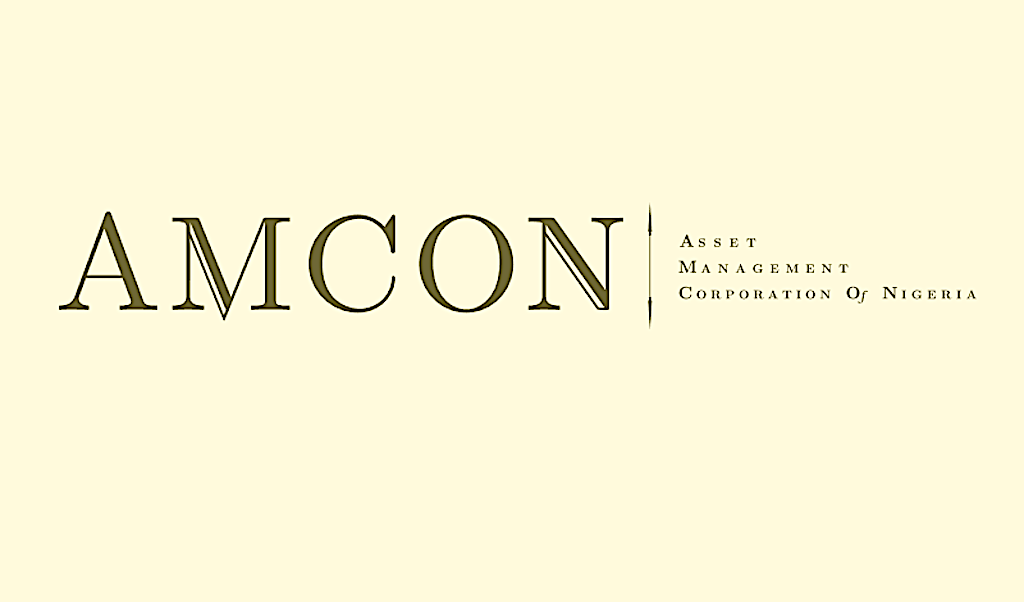
James Sowole and Funmi Ogundare
The United Nations Children’ s Fund (UNICEF yesterday, called on states in Nigeria’s South-West region to scale up efforts toward ending open defecation and achieving the Sustainable Development Goal (SDG) target on sanitation by 2030.
Water, Sanitation and Hygiene (WASH) Specialist with the United Nations Children’s Fund (UNICEF), Monday, made this call at a two -day media dialogue on accelerating actions to improve urban Water, Sanitation and Hygiene in Nigeria organised by the Oyo State Ministry of Information in collaboration with UNICEF.
The dialogue, which drew participants from the six states of Ogun, Oyo, Ekiti, Osun, Lagos, Oyo and Edo States, was held at Ilaji Resort and Hotel, Ibadan, Oyo State.
Johnson emphasised that achieving a Citywide Inclusive Sanitation (CWIS) approach is key to ensuring equitable access to safe sanitation services for all urban residents, including those living in informal settlements.
According to him, CWIS provides a flexible and inclusive framework that caters to the needs of every social class within the urban environment.
“Citywide Inclusive Sanitation is a strategy for all. It is not focused on a particular section of the community but on all strata of the urban environment,” he explained. “It looks at the existing capacities, people’s settlements, and defines what should be done in each area according to its needs.”
The specialist noted that the approach ensures collaboration among stakeholders, eliminates role conflicts, and strengthens coordination within the sanitation sector.
“When stakeholders sit together to plan, responsibilities are clearly defined. There’s no room for clashes between communities, states, or ministries because everyone knows what is expected of them,” he said.
Emphasising on the financing opportunities available within the sanitation value chain, the UNICEF specialist explained that households already contribute significantly to sanitation services, from latrine construction to waste evacuation and disposal.
“Funds are available within the system; from constructing facilities, evacuating septic tanks, to transporting and safely disposing of waste. If properly coordinated, the private sector can invest confidently, knowing people will pay for these essential services,” he stated.
Johnson also commended Jigawa and Katsina States for being declared open defecation-free (ODF), describing them as models for other states. However, he expressed concern that the South-West region still lags behind in achieving ODF status.
“So far, only two Local Government Areas in Ogun State have been declared open defecation-free. Apart from these, no other LGA in the South-West has reached that milestone,” he lamented. “This calls for urgent action across the region if we are to meet the national and global sanitation targets.”
He reiterated UNICEF’s commitment to supporting state governments and local authorities in developing sustainable sanitation systems that improve health, dignity, and the environment for all Nigerians.
Earlier in her remarks, Blessing Ejiofor, Advocacy, Media and Communication Officer, urged journalists to leverage their platforms to advocate for Water, Sanitation, and Hygiene (WASH) to be recognised and upheld as a fundamental right for all.


